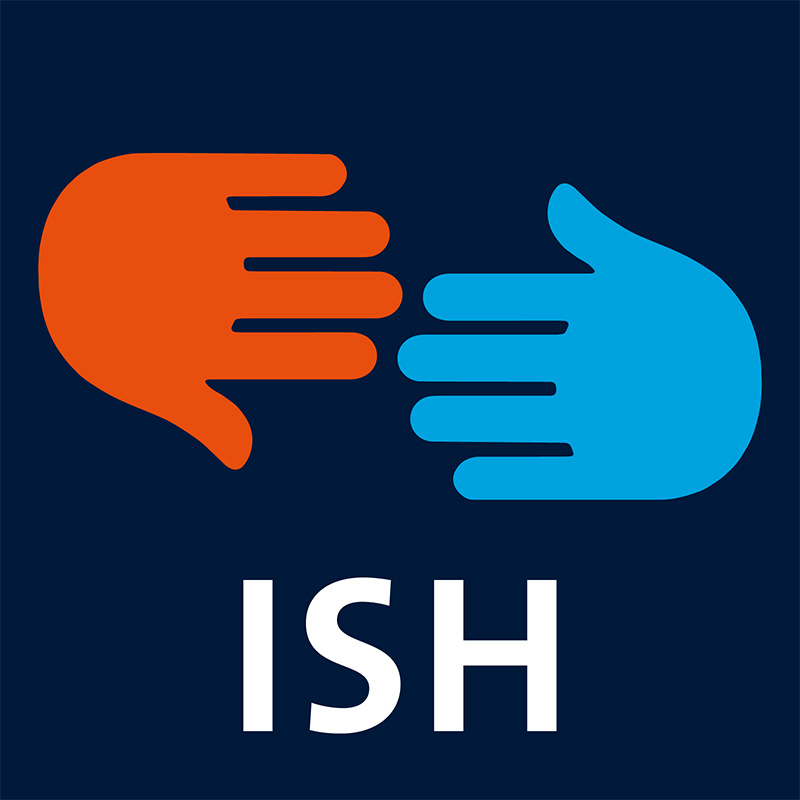Every household in Maastricht needs to pay a municipal tax that goes towards the costs of disposing of the household’s waste. The tax is called ‘afvalstoffenheffing‘, or waste collection levy; thankfully, many students will qualify for kwijtschelding (Dutch for ‘waiver’), which essentially lowers the cost of the tax you have to pay. Read on to find out what the taxes are, who is eligible for kwijtschelding, how to apply, and more.
Waste collection levy (afvalstoffenheffing)
Whenever you see the Dutch word ‘heffing‘ (meaning ‘tax’), just know you’re in for a headache. This case is no different but don’t worry, we’re here for you!
Afvalstoffenheffing are the local taxes levied on each household to cover waste disposal costs. The Belastingsamenwerking Gemeenten en Waterschappen (BsGW) is in charge of collecting the taxes on behalf of the municipality and the waterschappen (regional water authorities). You’re supposed to receive the yearly bill (in letter form) sometime in the first half of February, although the BsGW has been somewhat erratic lately, and people have been receiving their bills at random times of the year. The letter looks like this:
You can use the above image to translate the letter, which is in Dutch, to English.
Usually, the resident of the household that has been registered there longest will receive the letter under his/her name; however, all residents of the household should split the bill equally. Before you pay the bill, however, check whether you’re eligible for kwijtschelding; if you are, you can save money on these taxes. Read on to find out if you meet the requirements, and how to apply.
IMPORTANT: kwijtschelding is only possible for tax assessments that have not yet been paid (or have not been paid more than 3 months ago).
Not your first time applying for kwijtschelding? Then a different process applies – scroll down to find out more.
First-time kwijtschelding application
Requirements
The BsGW assesses your situation when deciding whether to grant the waiver; they mainly look at your assets and income. If you are a single-person household (i.e. you live alone), you are allowed to have:
- Up to €1,700 in savings in your bank account
- A car or other motorized vehicle (with a value of more than €3,350)
Your income will affect the amount of the waiver you receive; the BsGW does this calculation themselves, so we cannot tell you exactly what the result will be.
Applying online
Below, those who are applying for kwijtschelding for the first time will find a dedicated guidance document that will take you through filing an online request step-by-step, and hopefully help save you a lot of money.
Applying via letter
Despite the fact that online applications are less work, the International Student Helpdesk (ISH) highly recommends that students apply for kwijtschelding via letter; this is because the online process is relatively new, and thus (unfortunately) less organised. Applying in the traditional manner, with a written letter, will significantly increase your chances of getting kwijtschelding, and so might be worth the extra hassle (which is not much anyways).
We made a super simple video to help you through this process (see below) but in a nutshell, the steps are the following:
- Call the BsGW at 088-8420420 (Monday to Friday 9.00-17.00) and request a paper application form for kwijtschelding. The BsGW will then send the form to your known/registered address.
- You’ll need to fill out the form that was sent to you, provide them with the necessary documentation and send the letter back to the BsGW.
- Your application will then be processed.
And you’re done!
Re-applying for kwijtschelding
Those who have applied for kwijtschelding in previous years will have to follow a different process, which mostly involves uploading the relevant documents to prove your low-income status. Follow the process until Step 5 of the guidance document below, until you see the heading ‘Aanvullend bewijs inkomen‘, where you will have to upload the following:
- Proof of income (e.g. payslips) for the last three months for you and/or your potential partner
- Health insurance policy in the Netherlands (if any)
- House/flat/studio rental contract
- Proof of received or paid alimony (if any)
- Proof of having a debt payment agreement with the Dutch Tax Office
When you are done, choose ‘Uw aanvraag controleren‘, and then ‘Uw aanvraag afronden‘ to confirm your application.
When will I receive an answer from the BsGW?
You’ll have to wait 12 weeks for your application to be processed, and will receive the decision by post. On the bright side, during that time your payment obligations will be suspended!


